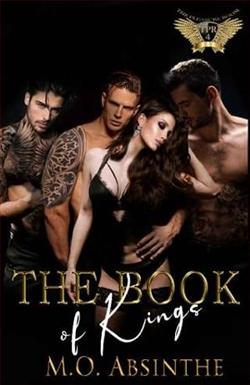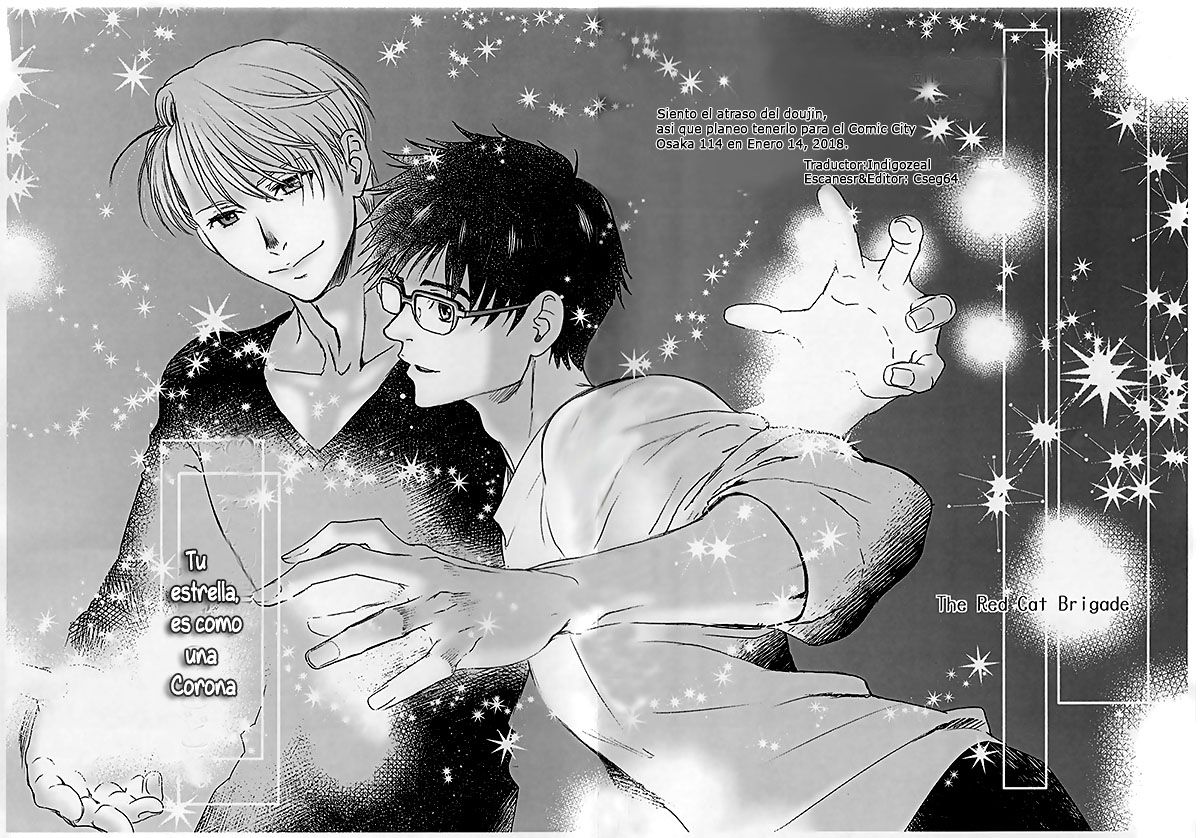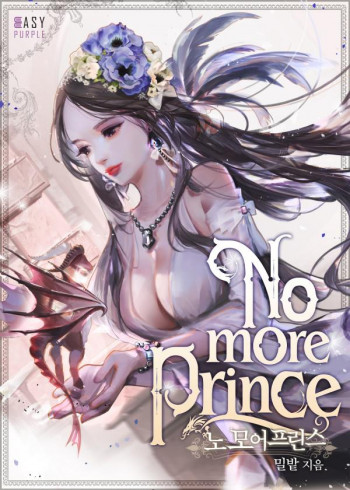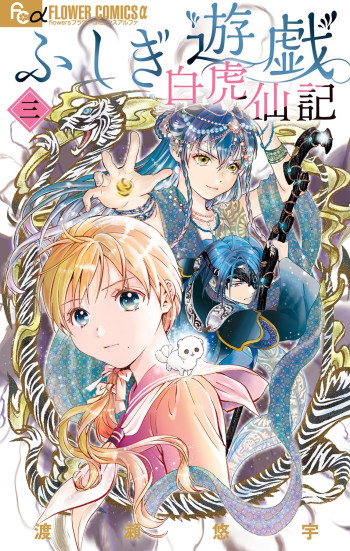The Book of Kings by M.O. Absinthe is a captivating exploration of desire, power, and the complexities of human relationships, all wrapped in a dark and seductive narrative. The blurb sets the stage for a journey into the minds of three distinct characters—Cole, Brax, and Ferris—each grappling with their own demons while navigating a world steeped in lust and emotional turmoil. This novel is not just a tale of kings; it is a profound examination of what it means to be human in a realm where darkness often overshadows light.
From the outset, Absinthe immerses readers in a richly textured world where the boundaries between pleasure and pain blur. The author’s prose is both lyrical and visceral, painting vivid images that draw the reader into the characters' internal struggles. The narrative is structured around the perspectives of the three kings, allowing for a multifaceted exploration of their desires and motivations. This technique not only deepens character development but also creates a sense of intimacy, as readers are invited to experience the characters' thoughts and feelings firsthand.
Cole is introduced as a character caught in a web of lust, playing a game that quickly spirals out of control. His journey is marked by a tension between physical cravings and a deeper, more unsettling emotional awakening. Absinthe skillfully portrays Cole’s internal conflict, making him a relatable figure for anyone who has ever grappled with the dichotomy of desire and morality. As Cole navigates his relationships, readers witness his evolution from a man seeking mere physical satisfaction to one who begins to confront the emotional void within himself. This transformation is both poignant and realistic, showcasing Absinthe’s ability to delve into the complexities of human nature.
Brax, on the other hand, embodies the theme of possession and the primal urge for control. His character is fascinatingly flawed; he initially appears as a collector of people, viewing them as trophies to satisfy his ego. However, as the narrative unfolds, it becomes clear that Brax's quest for ownership is a façade that masks his own vulnerabilities. The author deftly explores the idea that true connection cannot be forged through domination, and Brax’s journey serves as a powerful reminder of the importance of mutual respect and understanding in relationships. This theme resonates deeply, particularly in a world where power dynamics often overshadow genuine connection.
Lastly, Ferris presents a different kind of struggle—one rooted in the desire for healing through destruction. His quest to find someone to break reflects a profound sense of despair and the misguided belief that inflicting pain on others can somehow mend one’s own wounds. Ferris’s character arc is perhaps the most tragic, as he learns that healing is a journey best undertaken with others rather than at their expense. Absinthe’s portrayal of Ferris is both heartbreaking and enlightening, offering readers a glimpse into the darker corners of the human psyche while ultimately advocating for compassion and connection.
Thematically, The Book of Kings delves into the complexities of desire, ownership, and the search for identity. Each character’s journey is a reflection of the broader human experience, highlighting the often tumultuous nature of relationships. Absinthe does not shy away from the darker aspects of love and desire, instead choosing to confront them head-on. This raw honesty is one of the novel’s greatest strengths, as it encourages readers to reflect on their own experiences and the ways in which they navigate their desires.
Moreover, the pacing of the novel is expertly crafted, maintaining a balance between tension and introspection. Absinthe’s ability to weave together moments of intense passion with quieter, more reflective passages allows for a nuanced exploration of the characters’ inner lives. This rhythm keeps readers engaged, as they are continually drawn deeper into the emotional landscape of the story.
In terms of character development, Absinthe excels in creating multi-dimensional figures who evolve throughout the narrative. Each king’s journey is marked by significant growth, and their interactions with one another serve to illuminate their individual struggles. The relationships are complex, often fraught with tension, yet they also reveal moments of vulnerability and connection that are profoundly moving. This interplay between characters adds depth to the story, making it not just a tale of lust but also a poignant exploration of love, loss, and redemption.
Comparatively, The Book of Kings can be likened to works by authors such as Anne Rice and Sarah J. Maas, who also delve into themes of desire and power dynamics within their narratives. However, Absinthe’s unique voice and perspective set this novel apart, offering a fresh take on familiar tropes. The psychological depth and emotional resonance found in Absinthe’s writing elevate the story beyond mere entertainment, inviting readers to engage with the material on a deeper level.
Overall, The Book of Kings is a compelling and thought-provoking read that will resonate with anyone who has ever grappled with the complexities of desire and the human condition. M.O. Absinthe’s masterful storytelling and rich character development create a narrative that is both engaging and reflective, making it a standout addition to the genre. This novel is not just a journey into the minds of kings; it is an exploration of what it means to be truly alive in a world filled with darkness.
For those interested in a story that challenges perceptions and delves into the intricacies of human relationships, The Book of Kings is a must-read. It is a testament to the power of storytelling and the enduring quest for connection in a world that often feels isolating.
























Reviews 0
Post a Reviews: